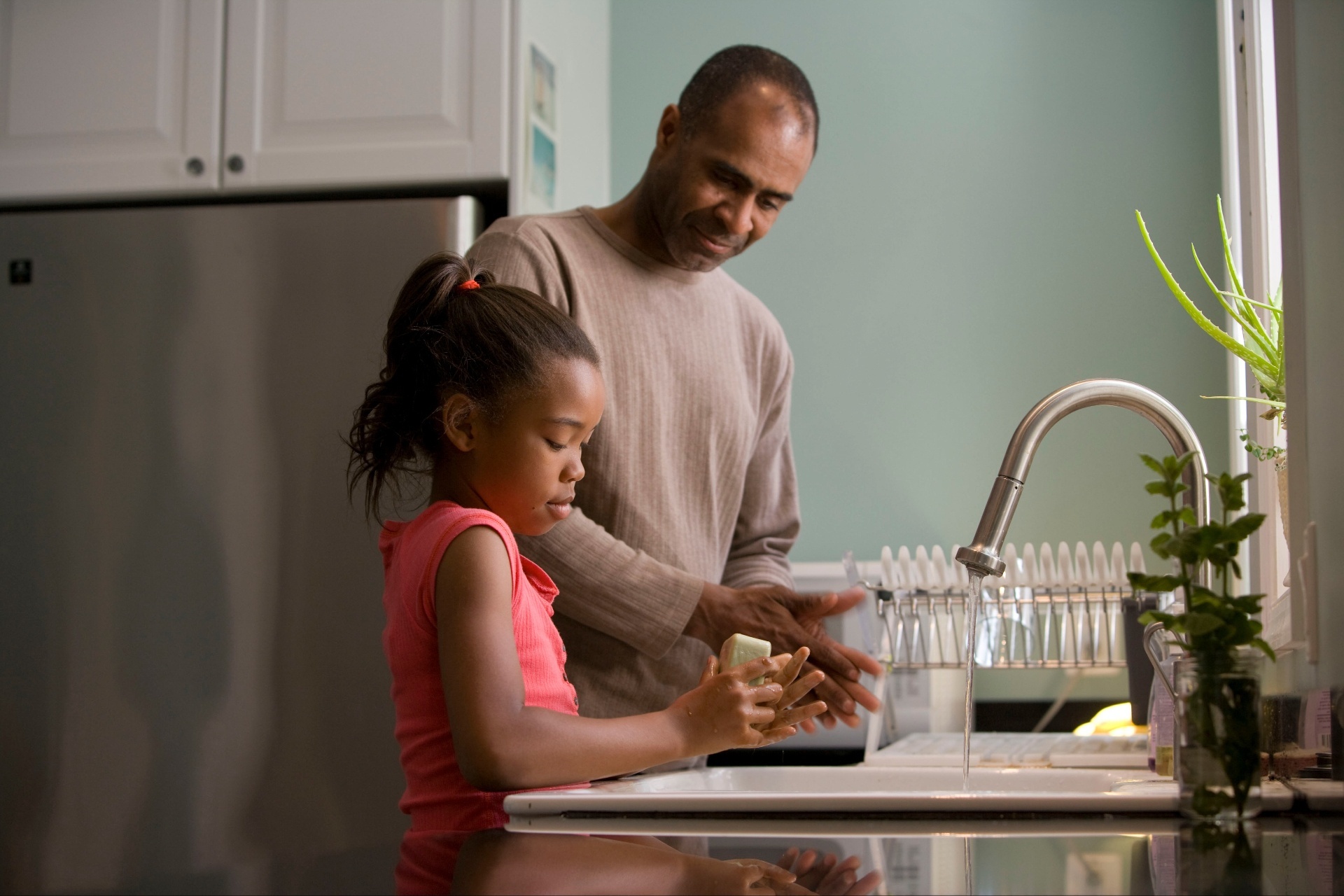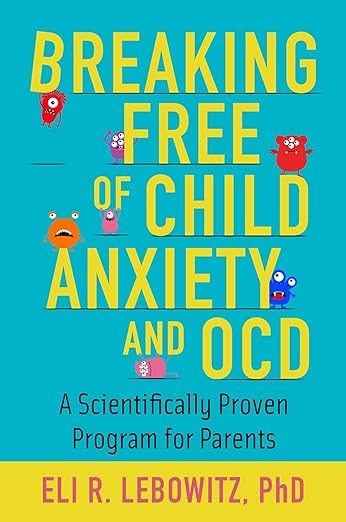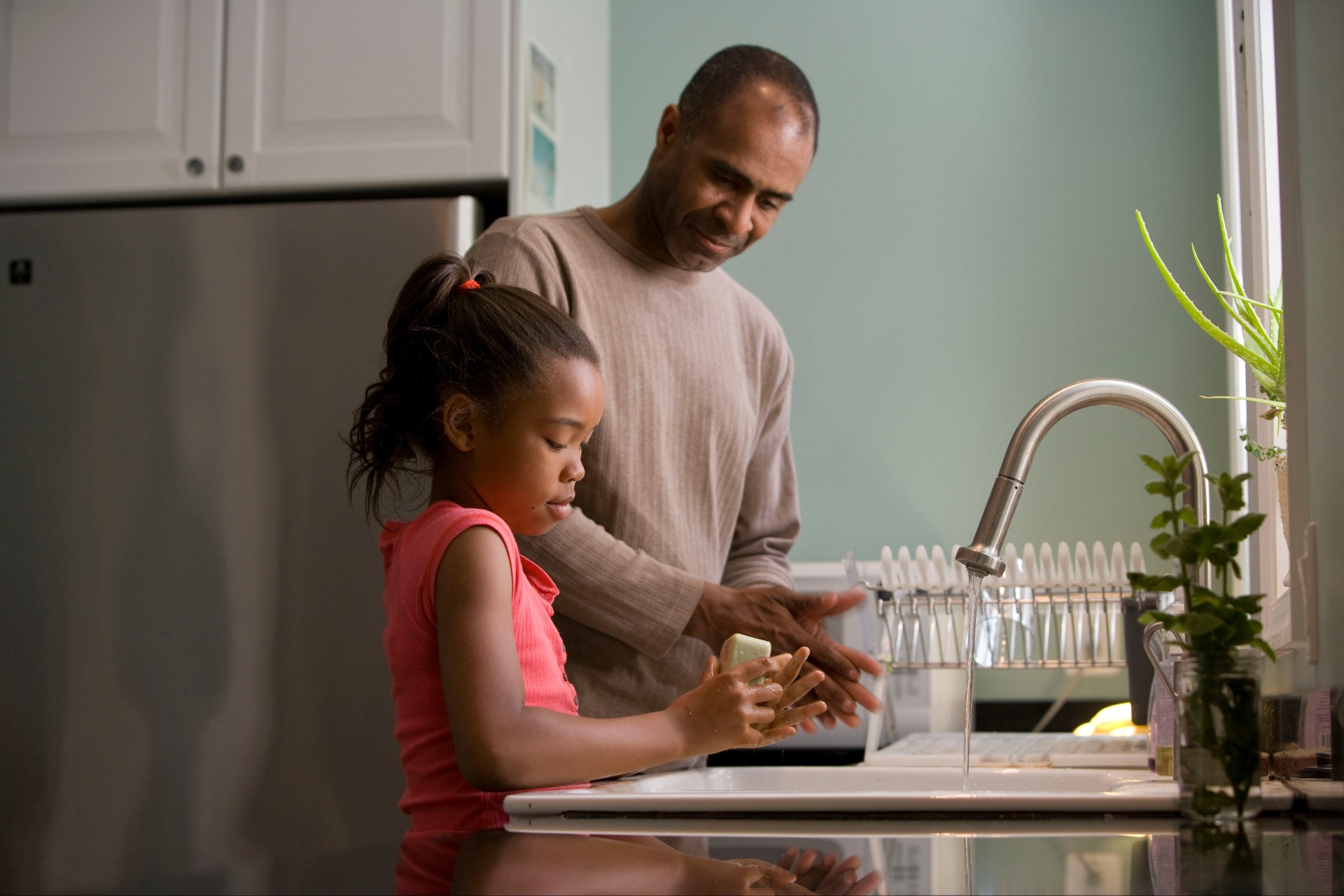Resources for Parents of Children with OCD and Anxiety

Book Review: “Breaking Free of Child Anxiety and OCD” by Eli R. Liebowitz, Ph.D. and a brief introduction to the SPACE program for parents

A great resource for parents and caregivers of children dealing with OCD or Anxiety is called “Breaking free of child anxiety and OCD: A scientifically proven program for parents” by Dr. Eli Lebowitz. The book serves as a primer for the SPACE model (link – https://www.spacetreatment.net/) and equips family members with knowledge and tools to know how best to respond supportive and effectively to their child’s OCD. It has been developed at the Yale Child Study Center and validated by published clinical trials.
What is SPACE?
The SPACE model refers to “Supportive Parenting for Anxious Childhood Emotions” a program focused on parents of children dealing with anxiety. What is great about this model is that while the main concern is addressing your child’s OCD or Anxiety, its emphasis is entirely on what you as a parent can do to support your child in helpful ways, rather than falling into the trap of accommodating it. Often parents can feel helpless and exasperated when challenged to recognize their limitations when it comes to managing their childrens’ emotions and choices. SPACE shifts the focus to place agency back into parents’ hands.
Regarding Child Anxiety
Anxiety and OCD among children can focus on a number of themes and issues, including (but not nearly limited to) social life and peer relationships, school performance, family and sibling dynamics, health and medical concerns, sleep, germs and getting sick, moral or religious choices, food and eating habits, and general self-esteem. For parents, it can feel like the possible challenges to help our kids face are immense.
Challenges for Parents of Kids with Anxiety or OCD
Parents of course bring their own personalities, histories, and stressors into their roles as parents. When dealing with the anxiety and intrusive thoughts of one’s child, it can bring out certain patterns, that lean towards being more protective or more demanding. Either of these tendencies can become too extreme if wrapped up in a parents’ own feelings of anxiety, guilt, impatience, or frustration, and will not be as helpful as the strategies emphasized by SPACE.

What is meant by “Accommodation”?
It is a parent’s most natural response to want to alleviate your child’s suffering. If you are observing your child suffering from intrusive thoughts, repetitive compulsions, and avoidance due to OCD or Anxiety, then you know how distressing and debilitating it can be – and it breaks your heart. So to ease your child’s discomfort, parents may end up “accommodating” their child’s anxiety in any number of ways. This may include:
– Modifying daily routines and schedules to allow more time for their child’s rituals
– Changing sleeping arrangements due to your child’s anxiety
– Canceling or skipping out on planned family events
– Leaving social engagements early
– Repeating certain responses to a child e.g. checking homework, reassuring them about their worries aren’t true
Accommodation isn’t always a negative thing. Unfortunately, in many cases, the benefits of accommodation are misleading and short lived, and can develop into habits and patterns that actually prolong the anxiety. Just as compulsions and avoidance offer short term relief for individual OCD and Anxiety sufferers but ultimately do not help eliminate symptoms, parents and family members can get drawn into the same trap via accommodation.
The problem with adjusting one’s own behavior to your child’s OCD is that it fosters an unhealthy feeling of dependence on your accommodation. The flip side of this is that the pattern is continually teaching your child that they are not able to cope on their own. So, not only does accommodation continue the cycle of suffering, it can actually make it worse over time – even if very well intended.
Reducing accommodation to OCD or Anxiety
The SPACE program, outlined well in the Lebowitz book, gives a lot of guidelines for coming up with a concrete plan to reduce accommodation, how to structure it, communicate about it to your child, how to implement it, and how to stick to it even if your child is resistant to it. Practically speaking, it’s good to target accommodation that happens frequently, that you can control, and something that is bothersome to you as a family member. This makes it most feasible to implement, and increases the likelihood of its effectiveness in helping your child begin to relearn that they are able to cope with anxiety on their own.
The book includes case studies and samples of ways that parents communicated with their child about how they plan to reduce accommodation to OCD, and as previously stated, focuses just on the parents’ actions, rather than on the child’s. Such plans can of course be communicated and carried out with support and encouragement so as to minimize the likelihood that the change is received adversarially. The book also addresses common challenges to anticipate in this process, and how best to navigate together in tandem with one’s partner.
The SPACE model of reducing parent and family accommodation can be a really important piece of treating children with Anxiety and OCD. Most parents of sufferers are desperate to feel some sense of agency over their child’s suffering, and this book can be a great place to start in providing those skills.
If you are seeking help to reduce your child’s OCD and Anxiety, and may need support reducing accommodation to help empower their recovery, contact us today to get started.
